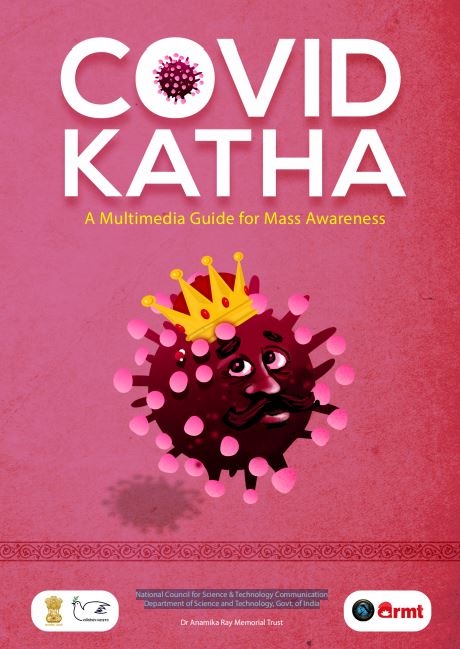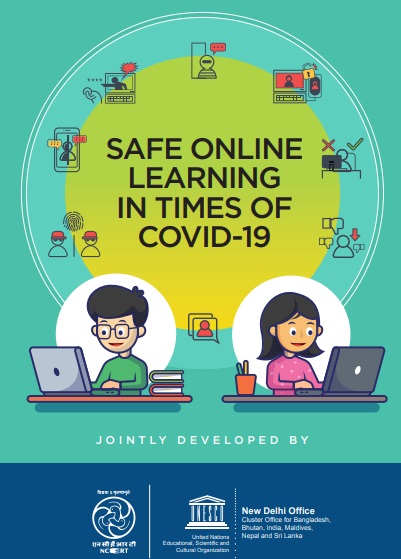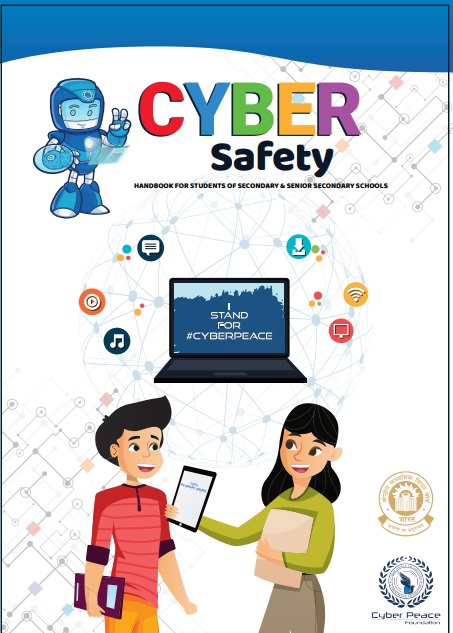| NDLI : CBSE Exam Preparation Study Notes Collection Posted: 12 Jun 2020 11:18 PM PDT 
NDLI : CBSE Exam Preparation Study Notes Collection
National Digital Library of India (NDLI) has released the CBSE Examination Preparation Contents for classes X & XII whichis available in NDLI It is a specially curated collection which students appearing for Class-X and Class-XII examination will find useful during final round of their preparation. It contains books, notes, questions, solutions, video lectures etc. on all subjects from Government bodies, KendriyaVidyalayas and Non-Government organizations. Students can access useful contents at a single place and thus save time. The students studying in Class IXand XI will also find it useful. One can access the contents either by By Source (if (s)he is looking for contents from a known body like NCERT, CBSE, Diksha, KendriyaVidyalayas, ExamFear, etc.) or By Content Type (if (s)he is looking for specific types of contents like Questions, Solutions, Video Lectures, Books, etc.) or By Subject (if (s)he is looking for contents on a subject of her/his syllabus, such as Mathematics, Biology,English, Sanskrit). The student can select contents of her/his preferred language such as Hindi or English. When the student accesses contents by Source, (s)he can further select contents of her/his preferred content type or subject. Similarly, when the student accesses contents by content type, (s)he can further select contents of her/his preferred subject or source. Likewise, when the student accesses contents by subject, (s)he can further select contents of her/his preferred content type or source. Contents have been collected from the following sources: - Government Bodies: CBSE, Directorate of Education, Delhi, NCERT, Raj-eGyan, SCERT Andhra Pradesh, SCERT Kerala, SCERTTelangana
- KendriyaVidyalayas (KVs): KVS Agra, KV-ASC Bengaluru, KVS Dehradun, KV-I Devlali, KVIFFCOGandhigram, KV-II Jaipur, KV-Memaura, Lucknow
- Non-Government organizations: AlyssEdusolutions, cK-12, ComPADRE: Resources and Services for Physics Education, ExamFear, Khan Academy, Jagran Josh, Learn CBSE, Lit2Go Educational Technology Clearinghouse, s2s Classes, StemEZ, Topper Learner, Vedantu.
- Special NDLIfeatures for JEE:NDLI Tutor: JEE Main &JEE Advanced.
Courtesy: CBSE  |
| (Notification) India Wild Wisdom Quiz 2020 (RE-IMAGINING OUR PLANET) Posted: 12 Jun 2020 11:05 PM PDT 
(Notification) India Wild Wisdom Quiz 2020 (RE-IMAGINING OUR PLANET)
Theme 2020: REIMAGINING OUR PLANET Our planet Earth has the privilege of being the only planet habitated by beautiful and diverse forms of wildlife. We must assume responsibility for wildlife conservation and make efforts to encourage our present generation to seek solutions through education. Our students should be reminded that they can make a difference for the future benefit of wildlife and humans alike. The Wild Wisdom Quiz is an attempt to provide a unique opportunity for students to delve deeper into India’s amazing wildlife, gain knowledge and take pride in its natural diversity. This initiative aims to instill a sense of concern for the natural world and inspire our students to demonstrate their concern for conservation. It is being conducted in an online mode this year.
The key details of the Wild Wisdom Quiz are as follows: Quiz levels: - Primary: Classes 3-5
- Middle: Classes 6-8
Quiz Rounds - Preliminary round 9th August, 2020
- Finale 16th August, 2020
How can students participate? - Pay INR 50/- and fill the registration form using URL link
- Participate in the prelims and finale quiz on the above dates
Every registered student will get the WWF newsletter-Wisdom Nuggets and a participation certificate.
The registrations are open from June 2nd 2020 to 5th August, 2020. Participation in this quiz is voluntary. No record/document is required to be sent to the CBSE.  |
| (E-book) COVID Katha : A Multimedia Guide for Mass Awareness Posted: 12 Jun 2020 10:54 PM PDT 
(E-book) COVID Katha : A Multimedia Guide for Mass Awareness
NCSTC brings out popular COVID Katha in Hindi The National Council for Science & Technology Communication (NCSTC), Department of Science & Technology (DST) in association with Dr. Anamika Ray Memorial Trust, has brought out the Hindi version of the Popular Multimedia Guide for Mass Awareness carrying important information on A-to-Z of COVID-19 pandemic. The English version has already been released early this month. In order to fulfil the great demand of the Hindi version of COVID Katha especially from the Hindi heartland, the Hindi edition of the COVID Katha has been brought out with added and revised information for the benefit of the people. Prof. Ashutosh Sharma, Secretary, DST while appreciating the COVID Katha: A multimedia guide for mass awarenesshas said that the interpretation of science in common man’s language is important for awareness amongst laypersons and Hindi being largely spoken language the Hindi version of COVID Katha carries more value. Prof. Sharma said that science cartoons (scientoons) while carrying scientific messages and explaining the health concepts in a simple manner also add humour and amusement during the present health crisis when people feel stressed! To spread general awareness on COVID-19 using multimedia techniques and digital platforms, the Department of Science & Technology, Govt. of India, has come out with an interactive electronic guide to help people understand and address the pandemic with suitable knowledge and confidence. Interestingly, a people supported COVID Katha movement has been started across the country, and a chain reaction is taking shape. The COVID Katha is being translated in the Khasi language of Meghalaya; Tamil version is also coming up; people are working on Bengali and Assamese versions on their own. Various science communication enthusiasts are effectively trying to put together COVID Katha in different formats, i.e., Flip version, Animations, Videos and other formats. Several official agencies are also using various elements of COVID Katha in their social media and other mass communication campaigns on COVID-19, i.e., Do’s & Don’ts, Scientoons, daily information using one alphabet every day, etc. Hindi and other languages versions of COVID Katha would help spread awareness deeper into grass-root level. Courtesy: CBSE  |



